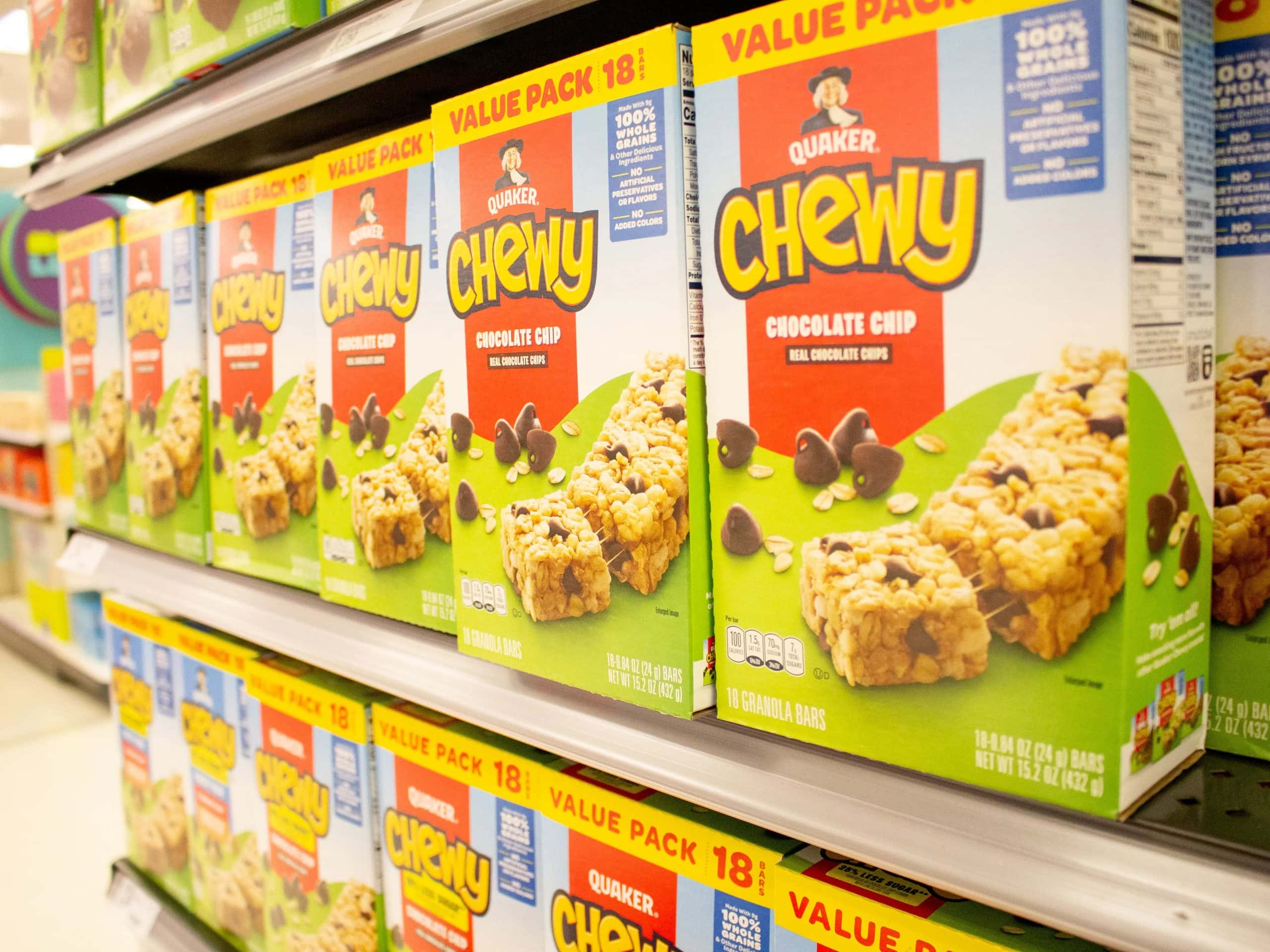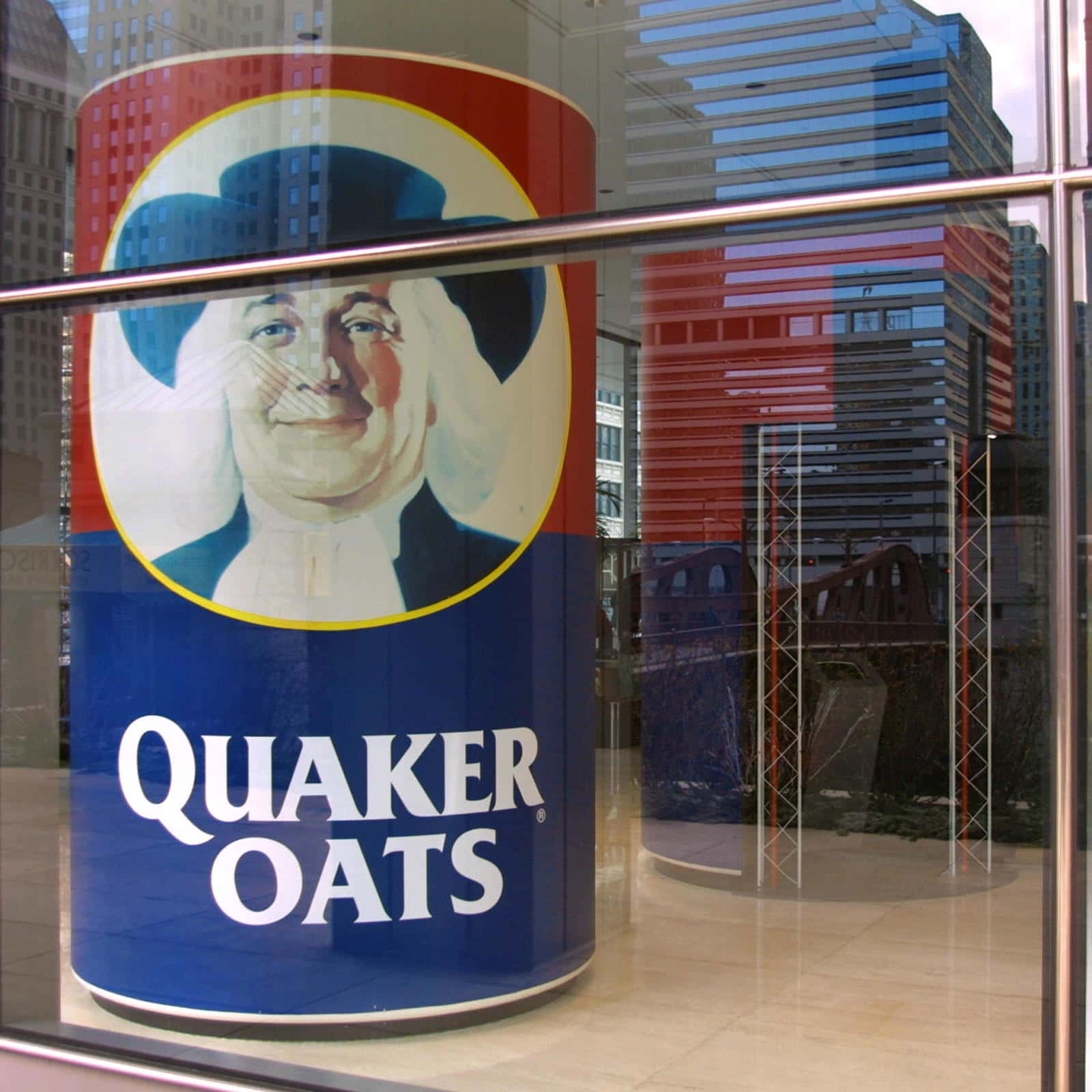In a significant development, the Food and Drug Administration highlights that salmonella infections can lead to symptoms such as fever, diarrhea, nausea, vomiting, and abdominal pain, with rare instances resulting in fatal outcomes.

Quaker Oats issued a recall on Friday for a range of its granola products, encompassing granola bars and cereals, citing potential contamination with salmonella
The recall, initiated by Quaker Oats, a subsidiary of PepsiCo, comes with the assurance that the company has not received any reports linking salmonella infections to the affected granola products. The comprehensive list of recalled items encompasses granola oats cereals and Quaker Chewy Bars, a popular inclusion in PepsiCo’s snack mixes. Remarkably, these products have been distributed across all 50 U.S. states and various U.S. territories, broadening the potential impact.
Quaker Oats emphasizes a proactive approach, urging customers who possess the recalled products to promptly discard them. Furthermore, the company encourages affected individuals to reach out to its customer support line or visit the dedicated recall website for detailed information and instructions regarding reimbursement.
Salmonella infections are a pressing concern, with symptoms ranging from gastrointestinal discomfort to severe health complications
The Centers for Disease Control and Prevention estimates a staggering 1.35 million cases of salmonella infection annually in the U.S., resulting in around 26,500 hospitalizations and 420 fatalities. The Quaker Oats recall underscores the gravity of the situation, emphasizing the importance of swift action to mitigate potential health risks associated with the consumption of the recalled granola products.
In light of this recall, consumers are advised to remain vigilant and stay informed about the latest updates to ensure their safety and well-being. Quaker Oats reaffirms its commitment to consumer welfare by addressing the issue promptly and transparently, prioritizing public health in its response to the potential salmonella contamination.




